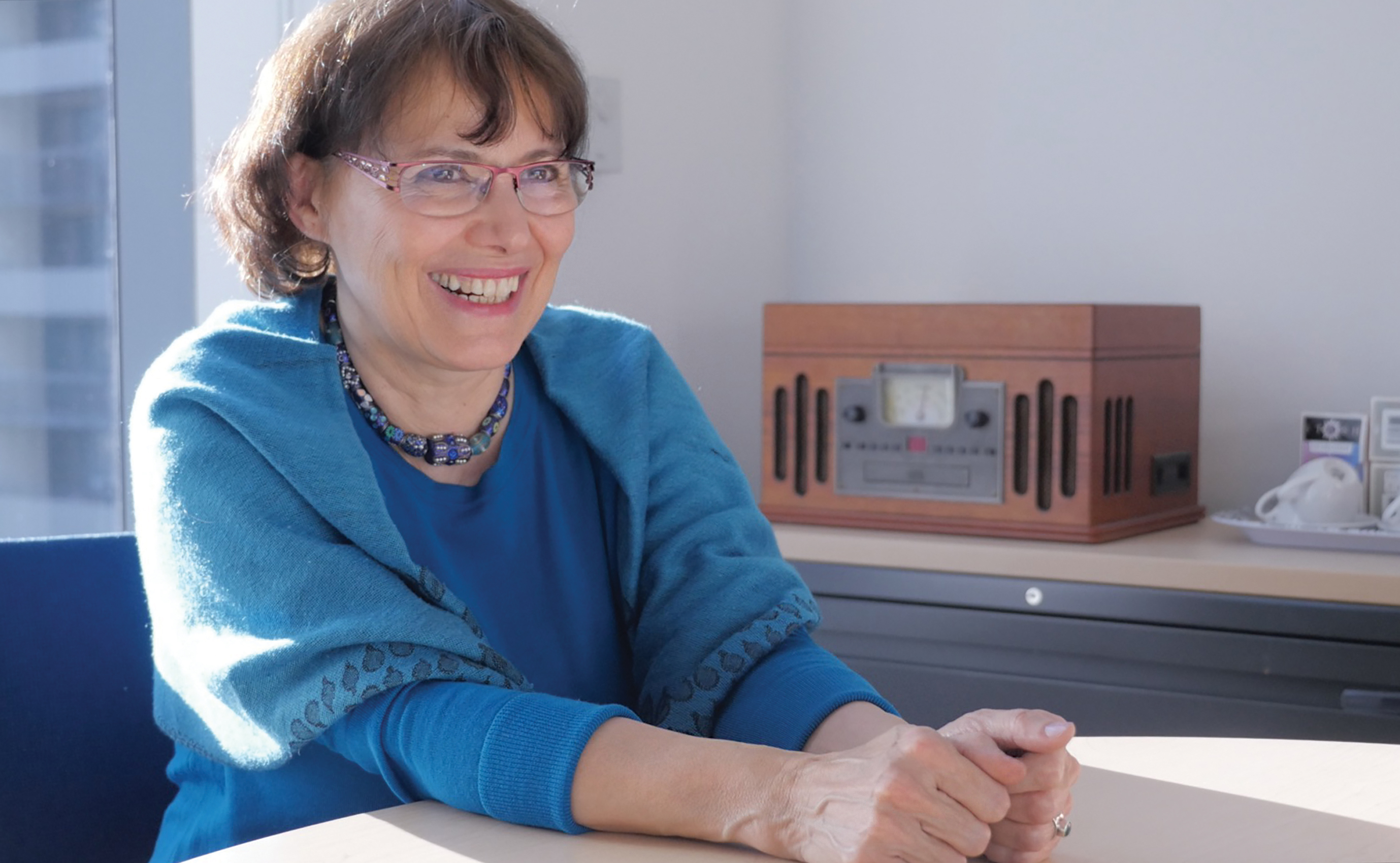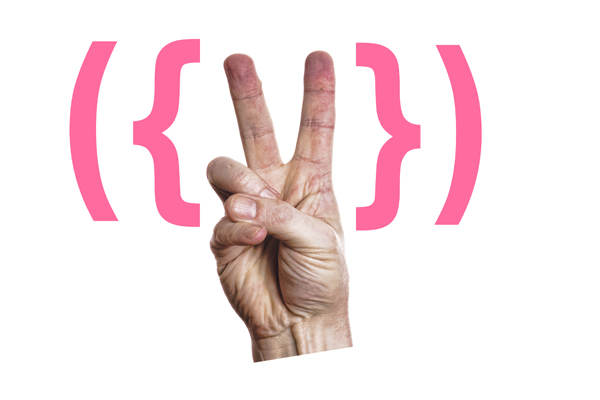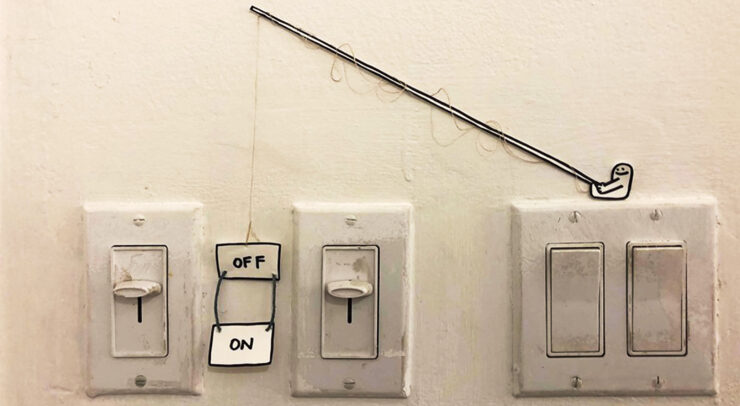Retired Concordia professor who was incarcerated for 112 days talks feminism, Evin Prison, and Concordia’s support
Homa Hoodfar, a retired Concordia University professor and researcher, sat down with the Concordian to discuss her 112-day experience in Evin prison in Iran. The Iranian-Canadian anthropology professor was arrested while on a personal and research visit to Iran. Hoodfar has been back in Montreal since Sept. 26.
The Concordian: In an interview with the CBC, you said the guards arrested you because they thought you were trying to meddle in an Iranian parliamentary election and bring your feminism work and research into politics. Can you expand on that?
Homa Hoodfar: In Iran, there’s less than three per cent women in the parliament. When I was there, which was during this election, women in Iran were questioning why there were so few of them in the parliament. In an interview I held on an earlier trip there, I said that the question is not that there are too few women but too many men in the parliament.
During this (recent) trip to Iran, there were women who were organizing to change the face of the parliament and make it more female-oriented. Somehow the guards said I had something to do with that campaign. I knew of the campaign, but I didn’t know a single one of these women. Yet, for the government, feminism is a form of soft revolution which tends to change the Islamic culture.
My argument to them was that any culture that doesn’t change is a dead culture. Our culture has changed and women are trying to voice their opinions like any oppressed group, but the guards want to believe that these ideas are coming from outside of Iran.
For them, I’m a self-declared feminist and it was enough for them to arrest me.
TC: What do you remember from the Evin prison?
Hoodfar: I was in a very tiny cell which was about two meters by a metre and a half. There was nothing except a carpet and three military blankets they give you. One you sleep on, one you use as a pillow and the other one to cover you. I was on my own for a few days, but then they moved me to a room with three other women because of a prison inspection and so I suppose they didn’t want me to be in a solitary cell.
After that, they brought me back with another woman to stay in the tiny cell. There were no windows in this room, and lights were on all day and night. With the light, I was not able to sleep so they gave me sleeping pills. I would also receive my medication from my family, which was very important because my health wasn’t very good. I would also demand that they give me newspapers or something to read because there was nothing to do besides going to the interrogations.
Until they brought the young woman to stay with me, there was also no one to talk to. Most of them were sex workers who were only 21 or 22 years old. I ended up chatting with them and collecting their life history. Then, I started to write on my wall with my toothbrush, treating it like field research, which made the time there easier.
Whenever I would go to the interrogations, I would take mental notes and when I couldn’t sleep at night, I would write on the wall. (The) young women thought I was crazy, but just the action of writing helped my mind stay active.
I had at least 45 sessions of interrogations, some of which would last all day. I also would hear when the guards were interrogating other people. They used different methods for the sex workers than they used for me.
TC: Was there a method of interrogation they used which was difficult for you?
Hoodfar: I knew of their methods. They kept on telling me that I was nothing, but I knew it wasn’t true. I also accepted the fact I would stay in the prison for a long time and, because I did, there was nothing that they could do to really bring me down.
What angered me the most was when they played the song used at my spouse’s funeral, which they found on my iPad. In contrast, young women were very frightened and cried a lot because they thought when the guards saw them crying, they might be more lenient towards them.
Of course, for me, the interrogators were younger than me, which in the Iranian culture, it gave me an upper hand. Initially, they were playing on the fact that I was the old woman, but I took their method and reversed it and used it against them. I was thinking to myself that I lived for 65 years the way that I wanted and reached my goals.
Therefore, I told them it didn’t matter if I had to stay in the Evin prison for the rest of my life.
TC: What was the process for them to release you?
Hoodfar: Two nights before the release, they took me where the interrogation took place and taped me for about five to six hours. They wanted me to say that I regret what I’ve done, to which I told them that I haven’t done anything illegal and therefore I don’t regret anything.
Then they told me there were three conditions on which they could release me on diplomatic ground: I had to say that I regret what I’ve done, that I won’t be doing networking in Iran, and that I won’t do any research on women in politics anymore.
I told them I don’t regret and, if I’m released, I will continue to do the same thing because I’m a researcher. I have never done networking in Iran anyway and doing research on women or women in politics is part of my work.
TC: After a terrifying and tireful experience, how are you feeling?
Hoodfar: Physically, my lungs are still not very well and I still get tired when I talk for a long time. I am hoping that, in a month or two, I get my energy back and start working more. Mentally, I still get upset about how the academic freedom is curtailed in Iran and how people can’t express themselves. Overall, I think I’m good.
It was great to know that so many people went out of their way to support me and secure my release—especially the Canadian government, my colleagues, the academic scholars, and my students from many years ago.
I try to focus on the positive things rather than thinking negatively. I hope the situation in Iran changes. There is a lot to be done, and I hope social science gets more space to be discussed.





